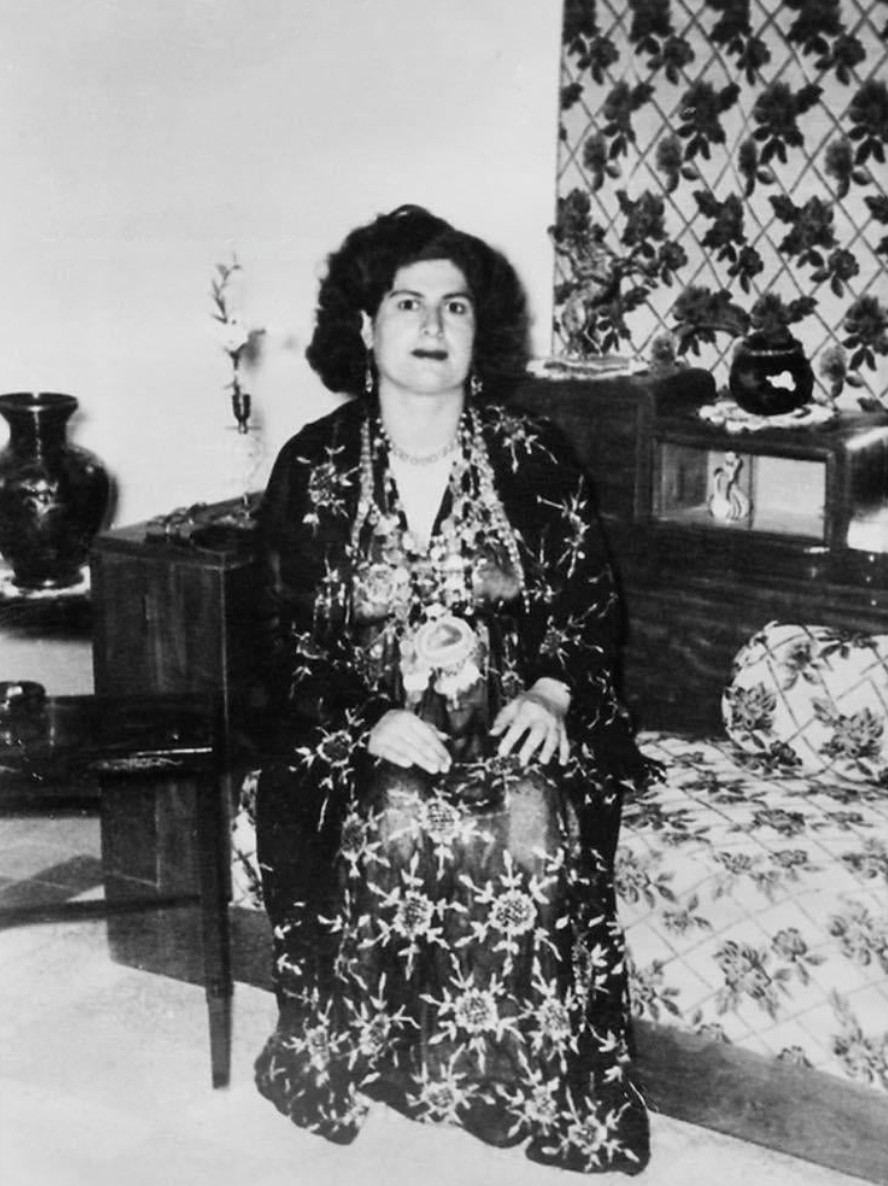The May edition of Kurdistan Chronicle aligned with several significant political and cultural events. We began the month of May with a momentous international conference on the genocide of the Faili Kurds in Erbil, a Kurdish minority community known for their contributions as intellectual, political, and business leaders in the rich history of Iraq and the Kurdistan Region. Faili Kurds were subject to a wave of massacres 42 years ago at the hand of the former Iraqi regime merely for their ethnic and religious beliefs. Back then, anyone would have been awarded by the ruthless rulers of Iraq if they voluntarily divorced their Faili wife.
On May 11, many Kurdish, Iraqi, and international leaders convened for the grand opening of the Barzani National Memorial. The occasion not only witnessed words of support and solidarity, but also served as an opportunity to exchange political messages. President George W. Bush penned a letter that extolling the pivotal role of Kurdish legendary leader Mustafa Barzani in devoting his life to safeguard his people’s rights. Iraqi Prime Minister Muhammad Shia al-Sudani echoed a sense of optimism in his remarks regarding the further consolidation of Kurdish rights within federal Iraq.
Also in May, a high-ranking delegation from the United States led by Mayor John Cooper of Nashville — known as Little Kurdistan — visited Erbil to initiate the sisterhood alliance between the two cities. This will not only foster cultural, academic, and economic relations between Erbil and Nashville but also bestows upon the capital of Kurdistan the distinction of being the first Asian city to receive the title. On May 27-28, the Kurdish Diaspora Center in Switzerland, in cooperation with the Kurdistan Diaspora Confederation, organized a conference commemorating the century of the Lausanne Treaty in 1923 — an agreement that dealt a devastating blow to the aspirations of Kurdish statehood. While the Governor of Lausanne asserted in a speech that the primary objective of the treaty was to establish peace and stability, President Masoud Barzani emphasized in his statement delivered on his behalf that the agreement symbolized oppression and initiated a dark chapter in Kurdish history.
Another noteworthy occurrence in May was the distinguished arrival of the Duchess of Edinburgh on a royal visit. During the landmark visit and in her meeting with Prime Minister Masrour Barzani, Her Royal Highness Sophie commended the Kurdistan Region for its remarkable progress, stability, religious freedom, and generosity towards the large number of IDPs and refugees.
This month’s meaningful events carry significance and meaning both within the borders of the Kurdistan Region of Iraq and regionally and internationally. They serve as a timely reminder to the international community that the legitimate rights of the Kurds need to materialize and that the world has to reward the Kurds for their centuries-old culture of peaceful coexistence. It reminds the world that overlooking the rightful plight of the Kurds, especially in the turbulent neighborhood of the Middle East, could exacerbate conflicts of interest and pose a threat to international security.

